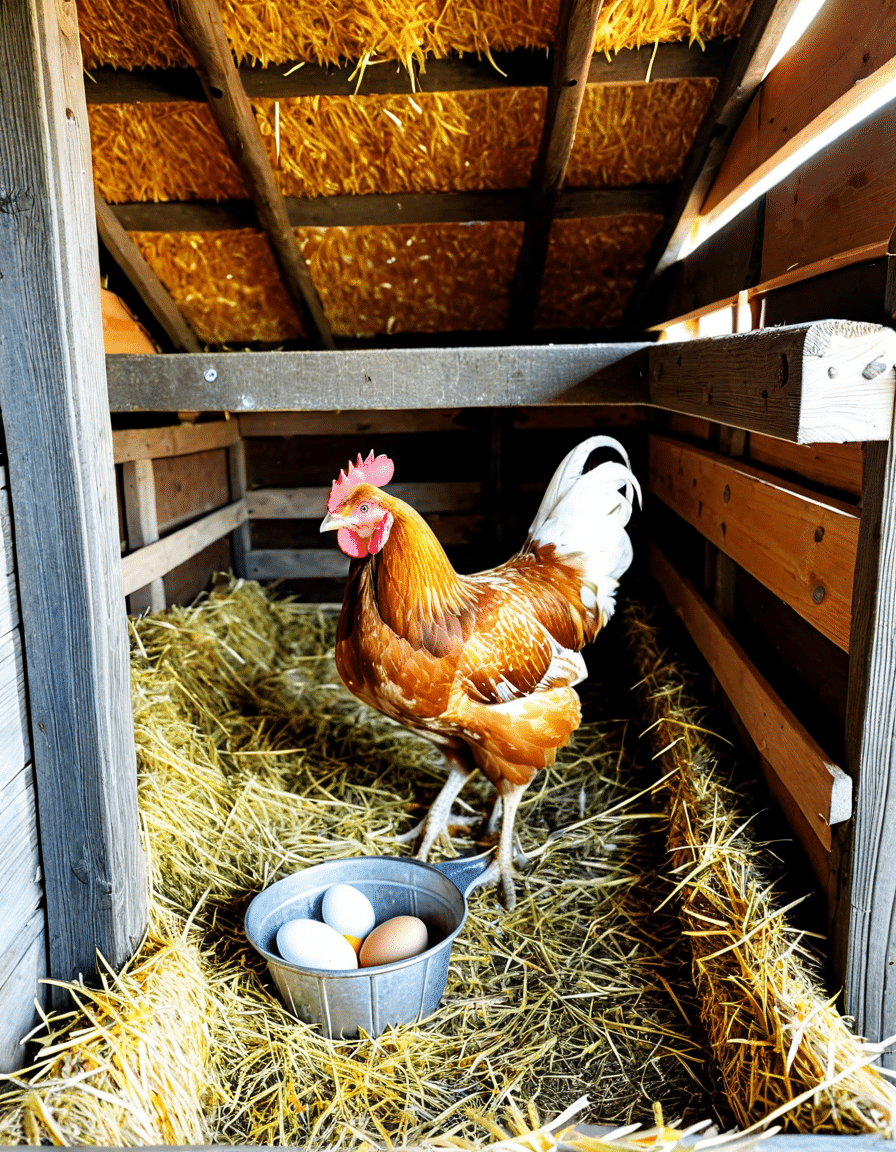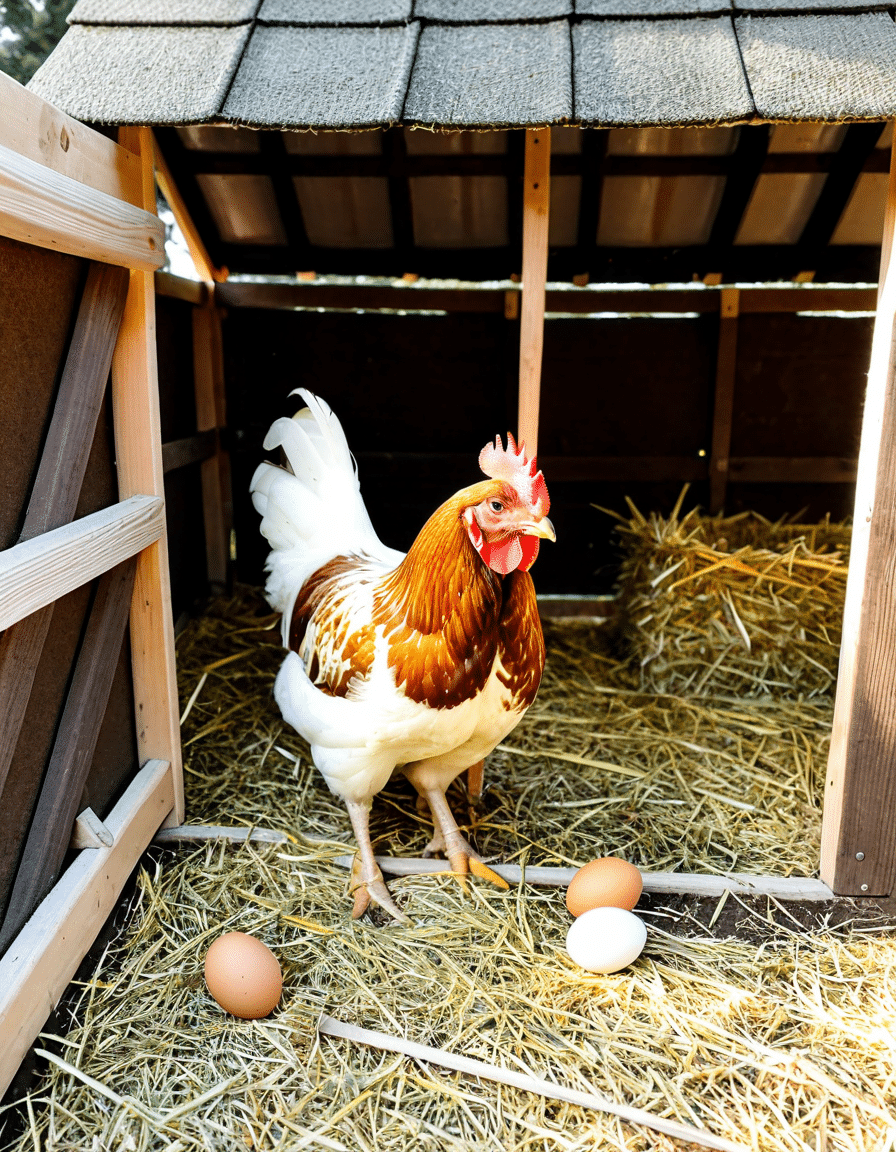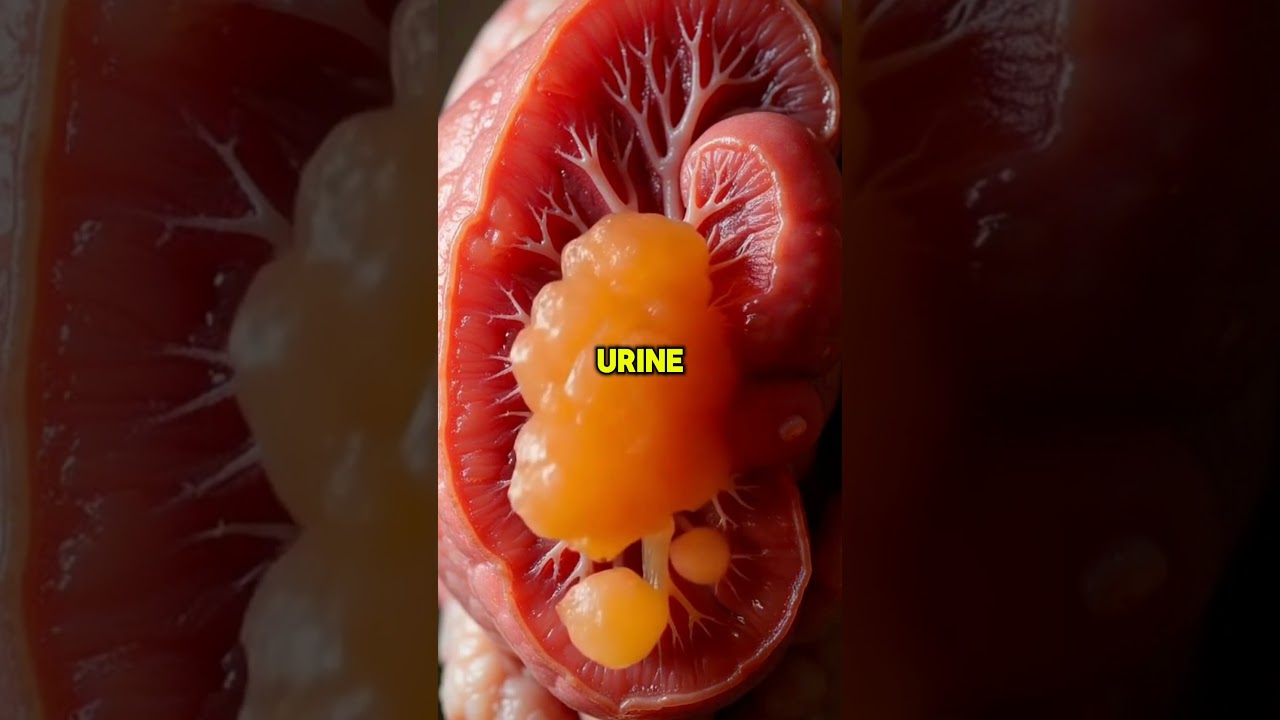Understanding the biological nuances of our feathered friends offers a fascinating glimpse into their lives. One pressing question arises: does a chicken pee? To fully appreciate their unique physiology, it’s crucial to explore not only their urinary system but also how it compares to that of other animals. So, let’s dive into the world of chickens and uncover the mysteries of their waste disposal!
1. Does a Chicken Pee? The Answer Explained
Chickens, along with other birds, have a very different method of excretion compared to mammals. Instead of urinating in the traditional sense, chickens release a combination of waste and urine through a single opening called the cloaca. This organ plays a vital role in their digestive and urinary systems, allowing for the simultaneous release of both solid and liquid waste. Because of this adaptation, it might seem as if chickens don’t urinate at all.
It’s fascinating to note that this cloaca isn’t just for waste; it’s also a reproductive organ! In essence, chickens have optimized their biology for efficiency, and to many, this could pose the question: does a chicken pee? The answer isn’t a simple yes or no, but rather, it’s a clever survival strategy.

2. How Do Chickens Excrete Waste?
Unlike dogs or cats, which excrete primarily urea in their urine, chickens eliminate uric acid. This difference is not trivial. Uric acid is significantly less toxic and conserves water, offering an evolutionary advantage for birds that have adapted to environments where water is limited. As a result, the waste produced by chickens takes the form of a semi-solid substance that’s recognizable as “chicken droppings,” primarily consisting of fecal matter and uric acid.
Comparison with Other Animals:
With a better understanding of how chickens excrete waste, it becomes clear just how remarkable these birds truly are!
3. Unique Adaptations of the Chicken Urinary System
3.1. Efficient Water Use
Chickens exemplify nature’s efficiency in resource management. They possess an excretory system designed to conserve water, a crucial factor for their survival. This contrasts sharply with other pets like Chihuahuas, who do shed but don’t necessarily rely on water conservation strategies. Chickens have adapted to their environments where water may not always be abundantly available, demonstrating the remarkable resilience of avian biology.
3.2. The Role of Dietary Choices
The diet of chickens significantly impacts their waste production and, ultimately, their health. Chickens consuming a grain-heavy diet may produce different excretion patterns compared to those enjoying fresh greens. For farmers, understanding these dietary influences is key to formulating optimized chicken feed.
If you’ve ever wondered how do Maltese dogs shed, the same principles can apply here. Nutrition plays a huge role across various animal species, influencing everything they do—even down to their waste!

4. Chicken Excretion vs. Other Animal Excretion
When we compare how chickens excrete waste with popular pets, striking differences become apparent:
Further, consider the behavior of jungle cats. They excrete more through liquid mediums like domestic house cats but share a similar uric acid strategy, enhancing their ability to conserve water.
Understanding how various animals expel waste offers insights into their overall health and behaviors, promoting better care practices for our furry and feathery friends.
5. Wellness Indicators From Excretion
The waste characteristics of chickens can provide useful indications of their health:
By gaining insights from what chickens excrete, caretakers can maintain their health more effectively. For instance, recognizing symptoms early may prevent issues analogous to treating rabies in cats quickly!
6. Does Lucky Tooth Reset Impact Chicken Health?
In modern discussions about animal health, the concept of Lucky Tooth Reset has surfaced. While this topic is primarily related to dogs and cats, the underlying idea of holistic health practices could also benefit chicken farmers. Aiming for overall well-being ensures peak productivity in chickens, making this approach appealing to those who wish to maintain their flocks.
Even though it seems like a stretch to apply ideas from larger pets to chickens, the benefits of comprehensive health care are universal.
7. Common Misconceptions About Chicken Excretion
Many misconceptions linger when it comes to chicken waste:
Misunderstandings about avian excretion can hinder effective care and should be addressed to help new chicken owners.
Fresh Perspectives on Chicken Care
As we learn more about chickens’ distinctive physiological traits, we become better prepared as caretakers. By understanding how their urinary system functions, we can ensure their health and happiness in our homes and farms alike. As chicken ownership rises, equipping ourselves with knowledge about these fascinating creatures will be vital.
While they may not pee in a way that aligns with traditional expectations, chickens are remarkable animals with intricate systems that reflect their evolutionary past. The more we understand about their biology, does a chicken pee?, the better we can tend to their needs and foster optimal living conditions for them in our homes and farms!
Embrace the knowledge and dive into the fascinating world of avian care—our feathered friends have much to teach us.
Does a Chicken Pee? Insights into Their Unique Urinary System
Chickens are quite fascinating creatures, and the question of whether does a chicken pee might tug at your curiosity! Unlike humans, chickens don’t have a urinary bladder. Instead, they use their kidneys to process waste, which means what comes out is a mix of urine and feces, often appearing as a clay-like substance. This efficient system allows them to conserve water—something crucial for their survival, especially in hotter climates. Speaking of fascinating systems, did you know that a muscular doggo can also thrive in heat, thanks to their adaptability?
Chickens excrete urates, a white paste that’s often mistaken for chicken poop. Interestingly, this waste product is quite similar to what some exotic pets might produce. For example, if you think about a gag cat meme, it often humorously captures the surprises of pet waste surprises! And much like those unexpected moments in pet ownership, it’s essential to understand how different animals, from our feathered friends to cats, manage their waste. Owners must be informed about rabies in Cats treatment, ensuring their pets stay healthy, whether it’s through regular vet check-ups or home care.
Now, if you’re picturing chickens clucking around without peeing like humans do, you might find it intriguing to note that they actually absorb water and nutrients in unique ways. This means they don’t need to pee in the traditional sense. Their metabolic processes resemble those of other fascinating creatures, including those from the supernatural, like those seen in the ghost adventure shows. So the next time someone asks you, “Does a chicken pee?” you can confidently share how this quirky bird has its own way of doing things—and that, unlike the drama in bold and the beautiful spoilers, their bathroom habits are quite straightforward!






